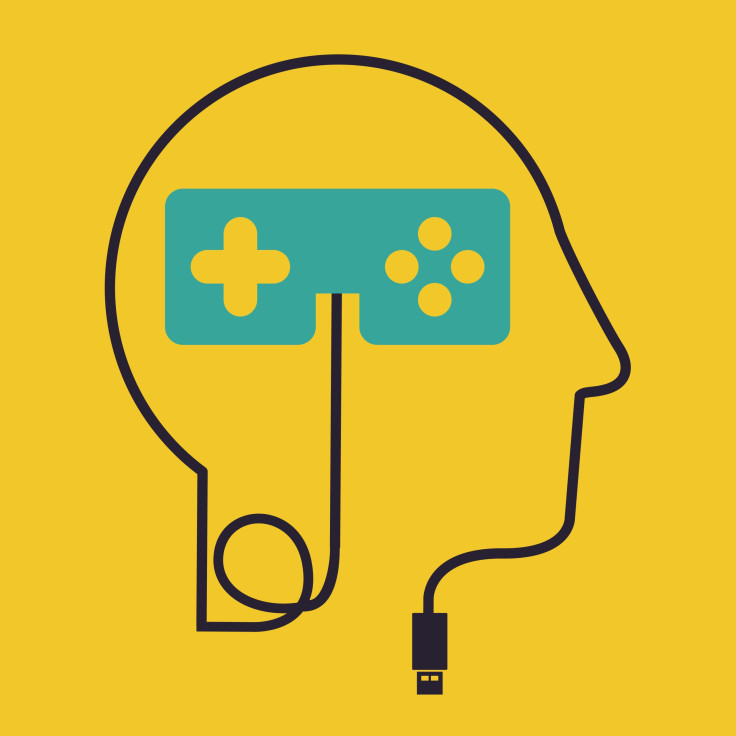'Lumosity' May Not Be The Best Of Brain Games; The Holes In Their Cognitive Training

Lumosity has become the du jour brain game since it launched in June 2013. The app slash games were designed to train the brain for better memory, flexibility, problem solving, and attention — a gym for your brain, as CEO Kunal Sarkar likes to call it. Only, his opinion seems to be sliding into the minority.
Recently, “a coalition of researchers” (as Gizmodo put it) from the Stanford Center on Longevity suggested there’s no proof Lumosity is as effective as it claims to be — and that goes for related apps, too, like Cogmed. Researchers wrote that the Lumosity’s “cited research is only tangentially related to the scientific claims of the company, and to the games they sell.” The cited research they refer to are the studies that specifically use Lumosity to improve cognitive skills and impairment among adults of all ages.
The fact, however, is that there is no scientific consensus on cognitive training. This means Lumosity hasn’t been properly evaluated, let alone proven to really work. Gizmodo even revisited the app and noticed the starting message says “just 10-15 minutes of Lumosity training per day can lead to improvements in Lumosity over time,” not 10-15 minutes of the app can lead to overall cognitive improvements. Basically, the naysayers believe Lumosity is mere marketing cashing in on the current obsession with keeping a person’s brain nice and smart.
But on the opposite end of the spectrum, those who support Lumosity believe the problem isn’t so much the science as it is overhyped. The benefits, while compelling, can be reaped offline, too. “Any mentally effortful new experience, such as learning a language, acquiring a motor skill, navigating in a new environment, and, yes, playing commercially available computer games, will produce changes in those neural systems that support acquisition of the new skill,” Stanford researchers explained.
We will say an interesting point made against Lumosity is the time spent playing games on a screen could be time spent reading, socializing, and exercising (perhaps all at once if you're an excellent multi-tasker). As another study found, there is a distinct difference when reading words on paper versus a screen, with paper being the better option in terms of comprehension and engagement.
For now, both sides agree to disagree. There simply isn’t enough research to rule for or against Lumosity.
Source: A Consensus on the Brain Training Industry from the Scientific Community. Stanford Center on Longevity. 2014.



























